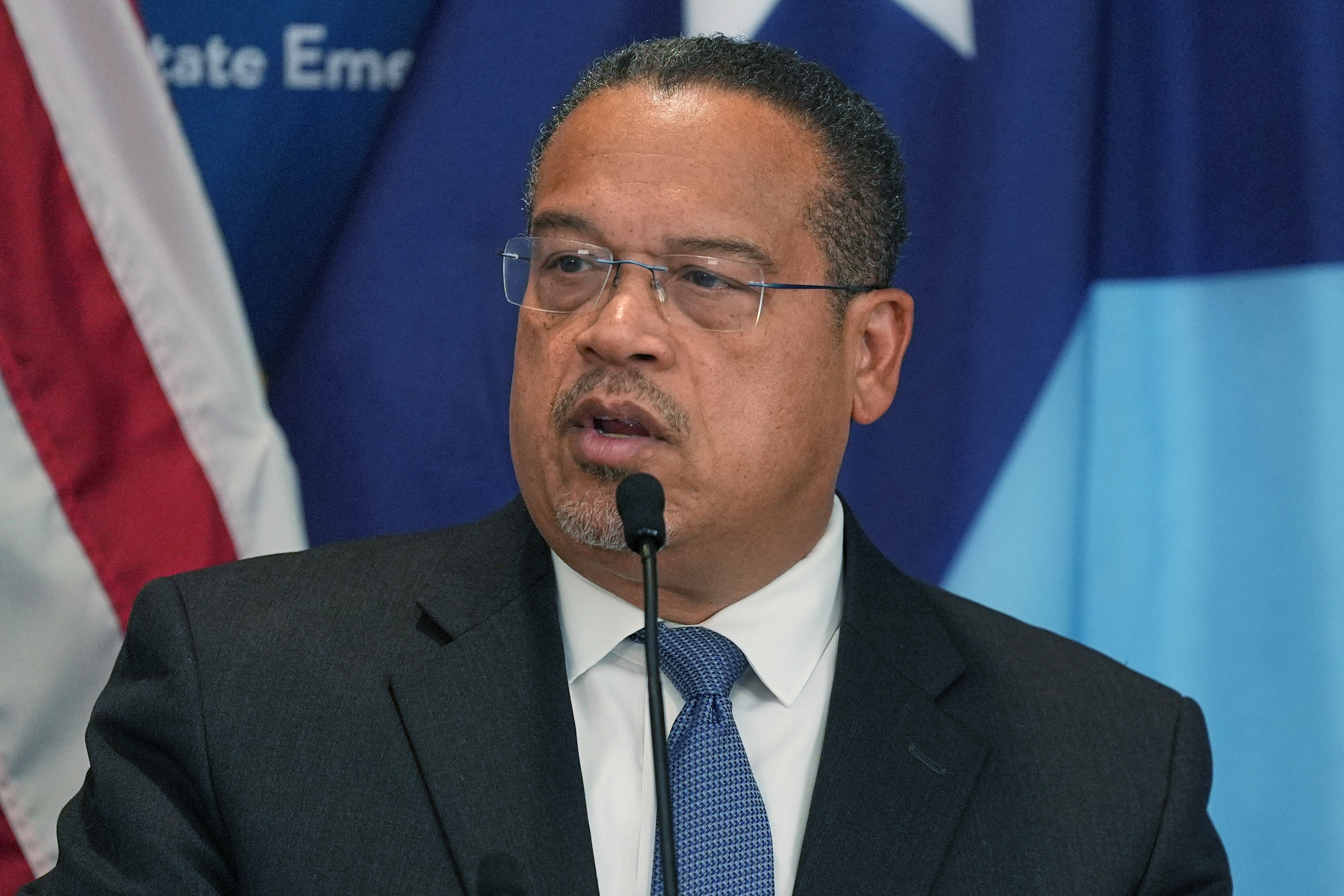"I got on in June of 1992 so I'm almost at 29 years at the end of the month. I personally have never seen morale be this low in the department," said Jim Calvino, president of the Chicago Police Sergeants Association.
Calvino says that low morale is helping to push a surge of retirements and recruitment troubles for Chicago PD.
Calvino: "When I first got on, we marked our seniority basically, on our left sleeve of our outer garments. A star means 20 years. When I first got on, I'd see guys with a star, a bar, a second bar, sometimes even two stars. Now guys are leaving. They're leaving. They just can't deal with it any longer."
According to the Chicago Sun-Times, 560 officers retired in 2020 as part of a 15% rise in retirements. That follows a 30% increase in retirements in 2019.
Calvino: "We are now about a hundred sergeants short on the street. Supervisors need to be at a 10-to-one ratio — one sergeant for 10 officers — by the end of 2021. I'm getting feedback from sergeants saying they're supervising 20, 25 officers. There's no way you can, in good faith, say I am able to supervise that many people."
And Chicago isn't alone. There are documented staffing shortages in New York, Baltimore and Minneapolis.
The Philadelphia PD has more than 260 vacancies and the number of planned retirements for the department is about six times higher this year than last year.
The Fraternal Order of Police President in Philadelphia told Newsy, "We’re approaching a crisis with staffing levels. It’s the perfect storm of several hundred officers retiring or leaving the job in the city for higher pay and less crime out in the suburbs."
Part of that perfect storm is COVID. More active-duty officers died of COVID in 2020 than all other causes combined...including car crashes, heart attacks and being shot to death.
Calvino: "The department wasn't prepared with equipment for us. And that really showed us officers, 'Well, who's got our back?' You know, we're out there protecting, but who's going to protect us?"
Police unions and officers also point to some police reform measures that they believe make it harder to recruit.
In Philadelphia, there's a new residency requirement that says potential officers must live in the city for a year before they can enter the academy — with the intention of building a more diverse department and hiring officers that are better acquainted with the community they serve.
But the FOP president told Newsy the law is impractical because potential hires are "not guaranteed a job or a slot in the academy."
In Colorado, a long list of state-wide police reforms includes a ban on qualified immunity that shields cops from lawsuits. And while many departments in the state have not suffered a mass exodus of officers, one county sheriff said, "risks of civil litigation were among the top concerns" during exit interviews.
"If there's a failure to retain bad officers, or recruit officers who don't want accountability? Good riddance," Mari Newman, Colorado civil rights attorney, said.
Newman represents the family of Elijah McClain. McClain was killed by the Aurora police department in 2019.
Newman: "If there are officers who don't want to continue to work in law enforcement, because they'll be accountable for their actions, those are not officers we need."
The Chicago Police Department has been under a consent decree since 2019 to reform the department. For Sgt. Calvino, he says he welcomes reform and officers who want to do the job the way it should be done.
Calvino: "I got a call the other day from somebody in Philadelphia, telling us, we should go on strike. And I almost threw the phone across the room. How dare someone say that? Who's gonna protect that person down the street? It could be your mother, my mother, your father, my father. That's my job. That's what I signed up for. And I took an oath to do that. And I would tell the prospective officers out there that, you know, it's a noble job. You go through life, helping others that can't help themselves."











